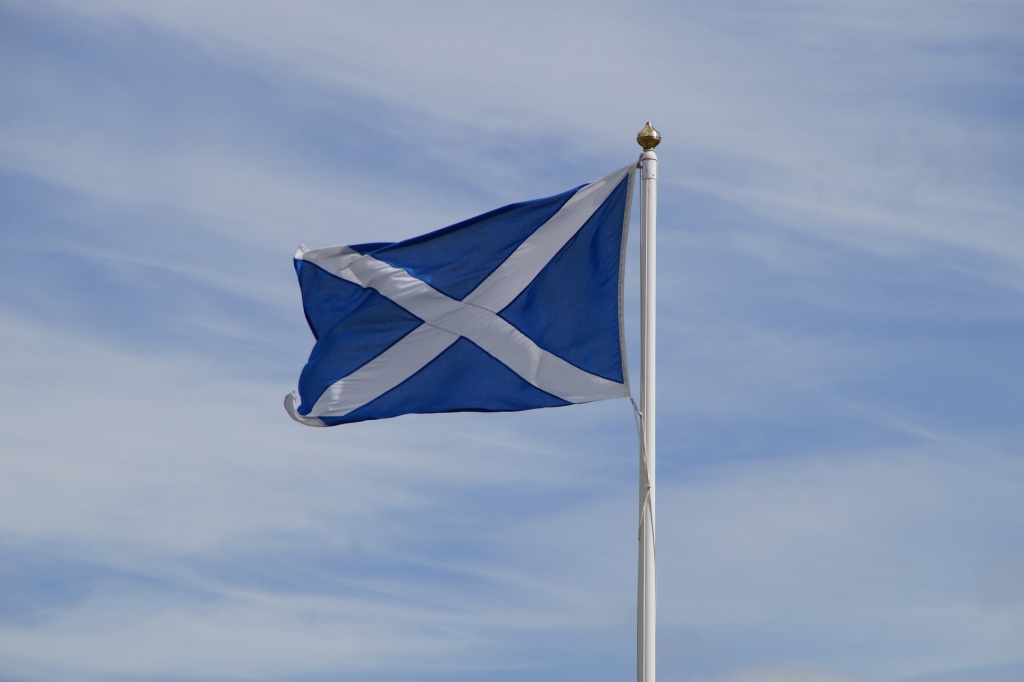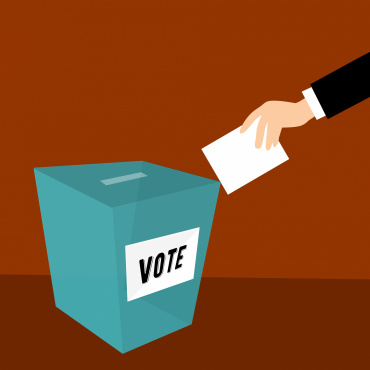Press release: The UK government’s blocking of Scotland’s Gender Recognition bill illustrates how far anti-gender groups have ingrained in trans rights’ discussions

Strasbourg, 18 January 2023
The UK government announced it will block Scotland’s bill on gender recognition arguing it will impact UK-wide equality legislation. Scotland’s First Minister deemed it “a full-frontal attack on our democratically elected Scottish Parliament and its ability to make its own decisions […]”.[1]
The Scottish bill sought to depathologise, meaning to allow trans persons to change their legal sex by an administrative procedure which waves the need for a medical diagnosis of ‘gender dysphoria’. The bill, adopting self-determination as the standard, was adopted by a large majority (votes: +86, -19), being welcomed by human rights and equality organisations. The UK government announced its intention to block it this week and Scotland cannot overrule the decision. It can nevertheless amend the bill or challenge the UK government’s decision in court.
The Parliamentary Group on LGBT+ Rights alerted to risks of ‘politicising the very real struggles of the trans community and placing their identities and lives at the centre of a constitutional crisis.’[2]
Kim van Sparrentak (G-EFA), Co-Chair of the LGBTI Intergroup, comments:
We have to say it clearly: we have seen a succession of Tory governments showing no leadership on equality issues. First, Boris Johnson kills the ‘Safe To Be Me’ conference by excluding trans persons from the ‘conversion practices’ ban. Now, under Rishi Sunak, a fully-fledged constitutional crisis is created on the back of trans persons’ rights. The need for self-determination was clearly expressed by numerous international human rights bodies. What changes does the UK government envisage that do not involve keeping the status quo?
Malin Bjork MEP (Left), Vice-President of the LGBTI Intergroup, concludes:
Anti-gender actors and organisations will stop at nothing to perpetrate the idea that giving trans people rights will strip other people of theirs. It won’t. This bill will only affect trans persons, who are sick and tired of being victimised and neglected by public policies. The WHO itself has depathologised trans identities in 2019, yet some actors will have you believe women’s rights are at stake and equality will be shattered. This is not true, and we must continue to advance with a rights-based agenda to support LGBTIQ people’s rights and dignity.
Background info:
The ‘Safe To Be Me’ international LGBTIQ conference was boycotted in 2022 after the government backtracked on the law on conversion therapy.[3] The 2019 WHO’s International Classification of Diseases ended the categorisation of trans-related conditions as mental and behavioural disorders by moving trans-related categories to a new chapter on conditions related to sexual health.[4]
[1] Kottasová, I. for CNN (17 January 2023), “UK government blocks Scotland’s new gender recognition law”, accessible at https://edition.cnn.com/2023/01/16/europe/scottish-gender-law-uk-constitution-intl-gbr/index.html.
[2] APPG LGBT (17 January 2023), “Co-Chairs of the All-Party Parliamentary Group on Global LGBT+ Rights write to the Prime Minister regarding Gender Recognition”, accessible at https://www.appglgbt.org/news/co-chairs-of-the-all-party-parliamentary-group-on-global-lgbt-rights-write-to-the-prime-minister-regarding-gender-recognition.
[3] Parry, J. for BBC News (5 April 2022), “’Safe To Be Me’ LGBT conference cancelled after boycott”, accessible at https://www.bbc.com/news/uk-61002448.
[4] World Health Organisation (29 May 2019), “UN experts hail move to ‘depathologise’ trans identities”, accessible at https://www.ohchr.org/en/press-releases/2019/05/un-experts-hail-move-depathologise-trans-identities.





